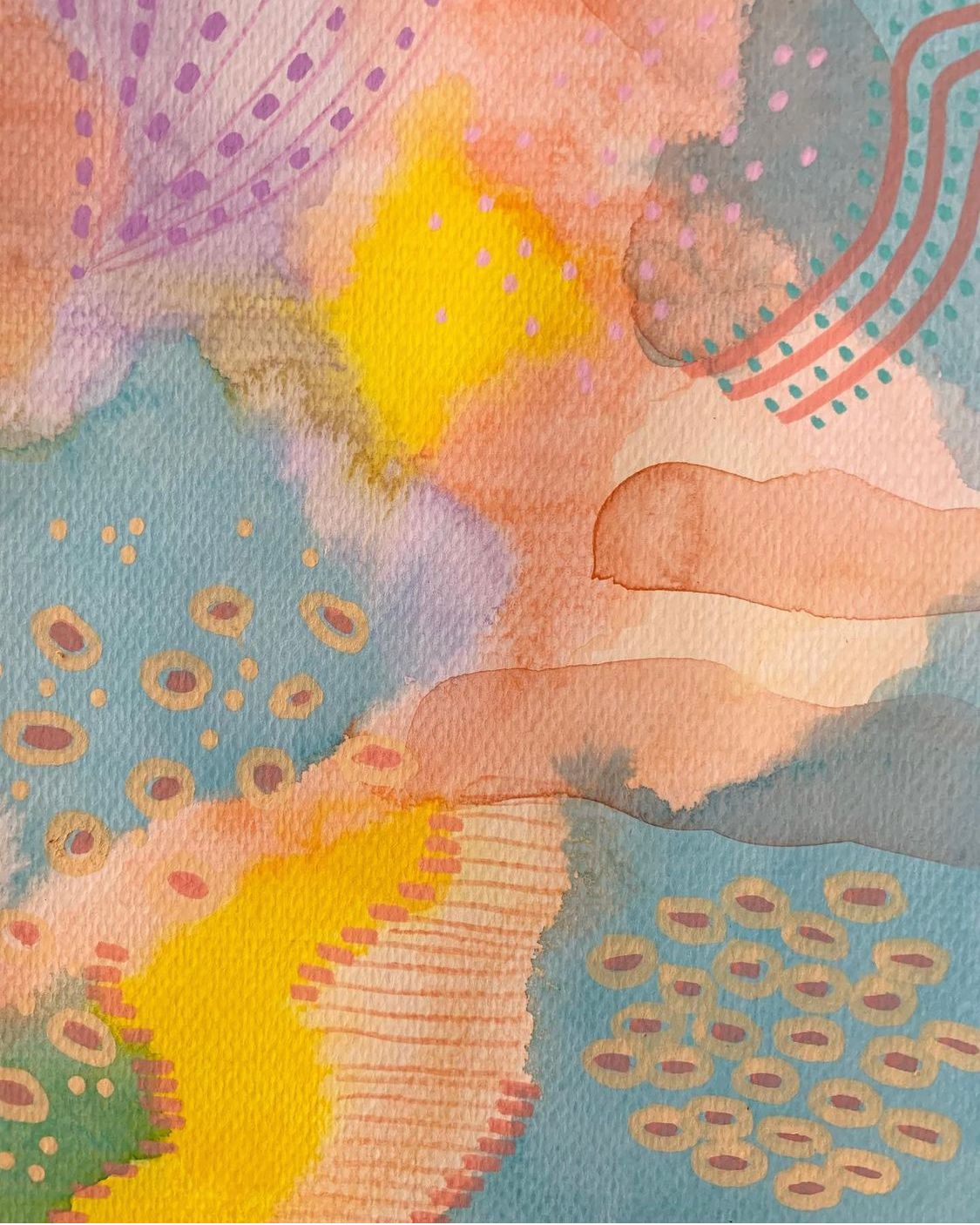These days I remembered the movie A matter of time ( Translation of the original title About time) , 2013. It is a film that mixes fantasy, drama and comedy and that brings the idea so cliché - and always so seductive, to the point of appearing renewed times in movies, books and series - of going back in time and being able to change it. At the age of 21, Tim's father tells him that the men in the family are time travelers, more specifically in the past. It was enough for him to go to a dark place and think about the period and the place he wanted to go.
Tim then begins to travel back in time, changing some situations, modifying the way he behaves in each of them and, naturally, dealing with the consequences of this, with the famous "butterfly effect" (which also gives a movie its name). Gradually, he discovers limitations of this powerful and dangerous ability.
At some point, when he returns from one of these trips to the past, when he goes to pick up his son in the present, he discovers that, to his amazement, it is another baby, no longer the one he knew. Tim questions his father, who confirms to him that it is an exact spermatozoon, at an exact moment, that gave him that specific child. Anything he alters, that he does differently, will give him a different child.
This passage from the film reminds us that the birth of a child is a unique event, but more than that, it is a kind of rupture in time, a milestone that divides life into a before and after, a cut. After the birth of a child, it is impossible to return to what was gone before. Irreversible, a point of no return.
I remember An impeccable passage from the first story of the book The rational teat , "XX + XY", by Giovana Madalosso:
(...) Because since my son was born, I had been feeling strange things. It was as if my emotional had suffered a deeper cut and gained a new layer, which let me experience more love and more happiness, but also more fear and more pain. Motherhood, I discovered, is an act of courage, because those who love with such intensity expose themselves to the world without their skin. I asked her: will this never pass? She never answered me, without me even saying exactly what she was talking about (p. 20).
What was it like before a child? What was life like before? What were the dreams? What were the fears and pains? How did the experiences feel? How was time used?
The growth of children is intense, sometimes slow. Time slips away. The growth of children is intense, sometimes so fast and frightening. Time is ticking. The desire to see them grow is born. Time passes. The desire to hold back time is born, to hug children as if grabbing time, to stop time so that they stop growing. Children inaugurate a new relationship with time and life, radically modifying the journey that can be made in the past, in the present and in the future. They are an invitation to invent new ways of navigating time.






